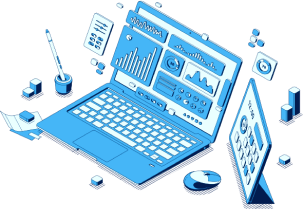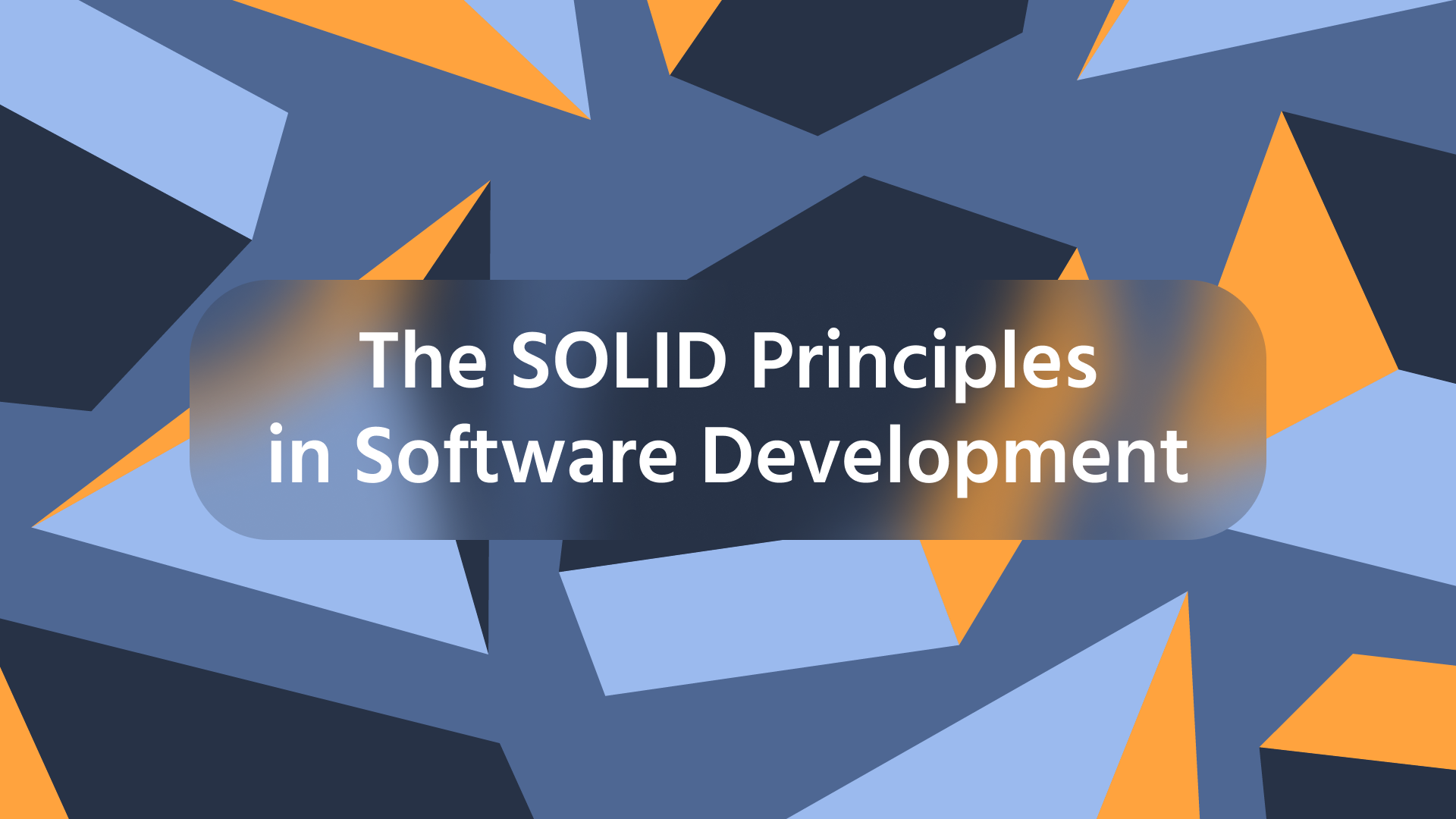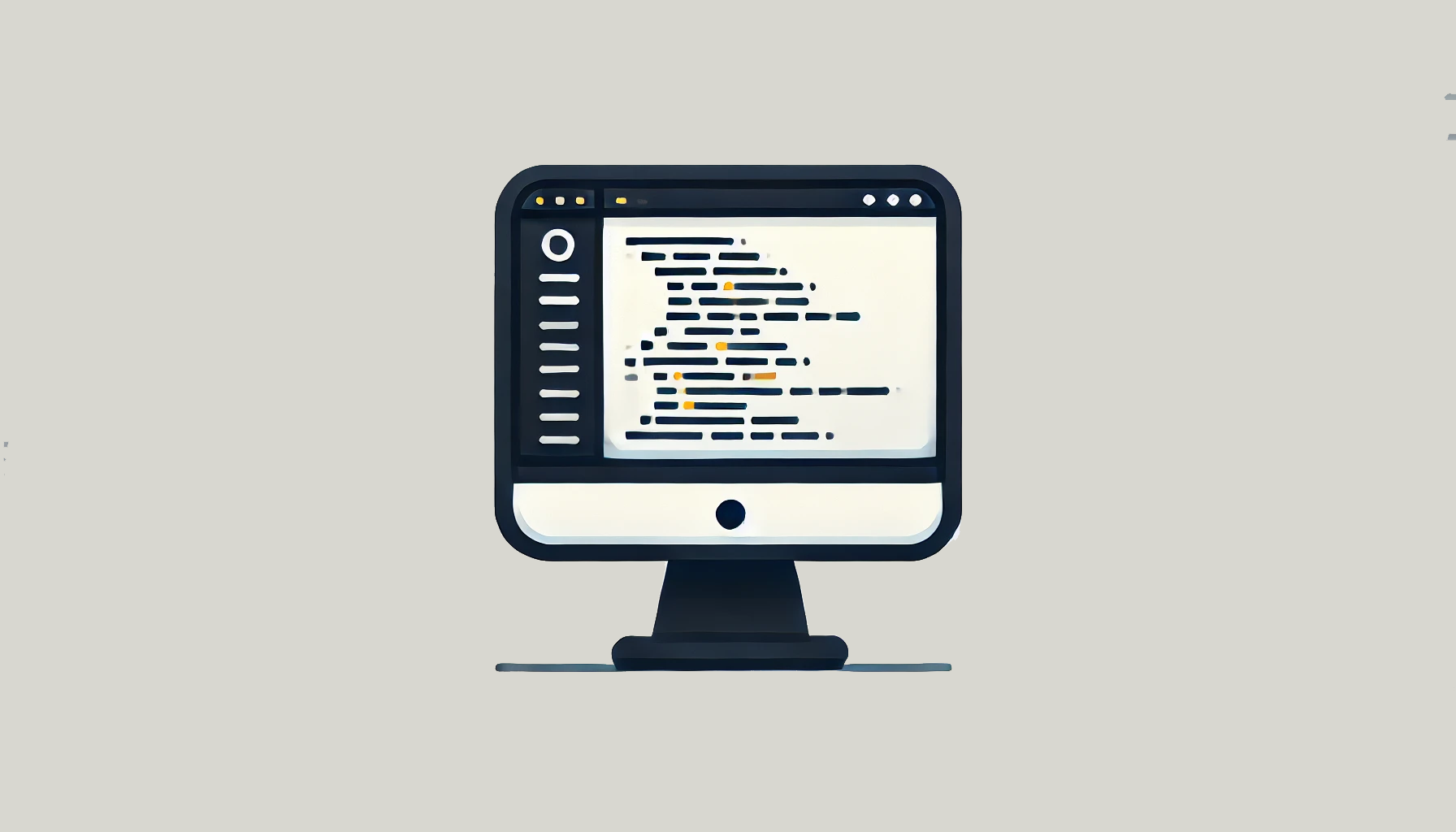Cursos relacionados
Ver Todos los CursosPrincipiante
Introduction to Python
Python is a high-level, interpreted, general-purpose programming language. Distinguished from languages such as HTML, CSS, and JavaScript, which are mainly utilized in web development, Python boasts versatility across multiple domains, including software development, data science, and back-end development. This course will guide you through Python's fundamental concepts, equipping you with the skills to create your own functions by the conclusion of the program.
Principiante
C Basics
This course offers a thorough introduction to the C programming language. Participants will delve into the core concepts, syntax, and structures of C, equipping them to craft basic programs. Key areas of focus encompass variables, data types, control structures, functions, arrays, and pointers. Engaging hands-on activities and projects will provide learners with tangible experience in problem-solving using C. Upon concluding this course, participants will possess a robust understanding of C programming and be primed to explore more intricate subjects.
Principiante
Cybersecurity Fundamentals
This course is designed to provide participants with a comprehensive introduction to the essential principles and practices of cybersecurity. In today's digital age, where technology is pivotal in every aspect of our lives, understanding and implementing robust cybersecurity measures is paramount.
Data Storage Solutions
SSD vs HDD

Introduction
When it comes to data storage, SSDs (Solid State Drives) and HDDs (Hard Disk Drives) are the two primary options. Understanding their differences is crucial for making informed decisions about which storage solution is best suited for your needs. This article delves into the key differences between SSDs and HDDs, covering aspects such as performance, reliability, cost, and use cases.
Run Code from Your Browser - No Installation Required

Key Features
Performance
- SSD Performance: SSDs use flash memory to store data, resulting in significantly faster read and write speeds compared to HDDs. This leads to quicker boot times, faster file transfers, and more responsive applications.
- HDD Performance: HDDs use spinning disks to read and write data, which is inherently slower than the flash memory used in SSDs. However, HDDs can still handle large volumes of data effectively, making them suitable for tasks where speed is less critical.
Reliability
- SSD Reliability: SSDs have no moving parts, making them more resistant to physical shock and less prone to mechanical failure. However, they have a limited number of write cycles, which can impact longevity over time.
- HDD Reliability: HDDs have moving parts, including spinning disks and read/write heads, which makes them more susceptible to physical damage and mechanical failure. However, they can last a long time with proper handling and care.
Cost
- Cost of SSDs: SSDs are generally more expensive per gigabyte compared to HDDs. Prices have been decreasing, but HDDs still offer a more cost-effective solution for large storage capacities.
- Cost of HDDs: HDDs are less expensive per gigabyte, making them an economical choice for bulk storage. They are ideal for applications where large amounts of data need to be stored without frequent access.
Storage Capacity
- SSD Storage Capacity: SSDs are available in various capacities, but high-capacity SSDs can be very expensive. They are typically used for operating systems, applications, and frequently accessed data.
- HDD Storage Capacity: HDDs offer larger storage capacities at a lower cost, making them suitable for storing large volumes of data such as backups, media files, and archival storage.
Use Cases
- SSDs: Ideal for laptops, gaming PCs, high-performance desktops, and systems where speed and responsiveness are critical.
- HDDs: Suitable for desktop PCs, servers, bulk storage solutions, and applications where cost-effective storage is more important than speed.
Innovations and Improvements
Hybrid Drives
- SSHDs (Solid State Hybrid Drives): These drives combine the large storage capacity of HDDs with the speed of SSDs. They use a small amount of high-speed flash memory to store frequently accessed data, providing a balance between performance and cost.
NVMe SSDs
- NVMe (Non-Volatile Memory Express) SSDs: These SSDs use the PCIe interface to achieve faster data transfer rates compared to SATA SSDs. They offer significantly improved performance, making them ideal for high-end computing applications.
Advancements in HDD Technology
- Helium-Filled HDDs: These drives are filled with helium instead of air, reducing internal friction and allowing for more platters to be packed into the same space. This results in higher storage capacities and improved energy efficiency.
Start Learning Coding today and boost your Career Potential

What is Better for Programming?
Performance and Speed
SSD (Solid State Drive):
- Faster Boot Times: SSDs significantly reduce boot times, allowing you to start programming sooner.
- Quick File Access: SSDs offer faster read/write speeds, which means quicker access to your code, libraries, and development tools.
- Improved Multitasking: Running multiple applications, virtual machines, and integrated development environments (IDEs) is smoother and faster with an SSD.
HDD (Hard Disk Drive):
- Slower Performance: HDDs have slower read/write speeds, leading to longer boot times and slower file access.
- Less Efficient Multitasking: Running multiple applications and large development environments can be sluggish due to the mechanical nature of HDDs.
Reliability
SSD:
- Higher Reliability: SSDs have no moving parts, making them less prone to physical damage and mechanical failure.
- Longer Lifespan: For most programming tasks, SSDs can last a long time despite their limited write cycles, as programming typically involves more reads than writes.
HDD:
- Mechanical Parts: HDDs have moving parts that can wear out over time, making them more susceptible to damage and failure.
- Data Recovery: In case of failure, recovering data from HDDs can be more straightforward compared to SSDs.
Cost and Storage Capacity
SSD:
- Higher Cost per GB: SSDs are more expensive per gigabyte compared to HDDs.
- Limited Storage Capacity: High-capacity SSDs can be very expensive, limiting affordable storage options.
HDD:
- Lower Cost per GB: HDDs offer more storage space for a lower price, making them cost-effective for storing large volumes of data.
- Large Capacity: HDDs are available in larger capacities, which is beneficial for storing extensive databases, backups, and large project files.
Use Cases for Programming
SSD:
- Development Environments: Ideal for running heavy IDEs, databases, and virtual machines smoothly.
- Code Compilation: Faster read/write speeds improve code compilation times, boosting productivity.
- Portability: Better suited for laptops due to durability and lower power consumption.
HDD:
- Bulk Storage: Useful for storing large files, backups, and archives that do not require frequent access.
- Secondary Storage: Can be used as a secondary drive for storing less frequently accessed data while using an SSD for active development.
FAQs
Q: What are the main differences between SSDs and HDDs?
A: SSDs use flash memory for faster performance and reliability, while HDDs use spinning disks for cost-effective large storage capacities.
Q: Which is better for gaming, SSD or HDD?
A: SSDs are better for gaming due to their faster load times and improved system responsiveness.
Q: Are SSDs more reliable than HDDs?
A: SSDs are generally more reliable due to the lack of moving parts, but they have a limited number of write cycles. HDDs can also be reliable with proper care.
Q: Why are SSDs more expensive than HDDs?
A: SSDs use advanced flash memory technology, which is more costly to produce compared to the magnetic storage technology used in HDDs.
Q: Can I use both an SSD and an HDD in my computer?
A: Yes, many systems use an SSD for the operating system and frequently accessed data, and an HDD for bulk storage to get the best of both worlds.
Cursos relacionados
Ver Todos los CursosPrincipiante
Introduction to Python
Python is a high-level, interpreted, general-purpose programming language. Distinguished from languages such as HTML, CSS, and JavaScript, which are mainly utilized in web development, Python boasts versatility across multiple domains, including software development, data science, and back-end development. This course will guide you through Python's fundamental concepts, equipping you with the skills to create your own functions by the conclusion of the program.
Principiante
C Basics
This course offers a thorough introduction to the C programming language. Participants will delve into the core concepts, syntax, and structures of C, equipping them to craft basic programs. Key areas of focus encompass variables, data types, control structures, functions, arrays, and pointers. Engaging hands-on activities and projects will provide learners with tangible experience in problem-solving using C. Upon concluding this course, participants will possess a robust understanding of C programming and be primed to explore more intricate subjects.
Principiante
Cybersecurity Fundamentals
This course is designed to provide participants with a comprehensive introduction to the essential principles and practices of cybersecurity. In today's digital age, where technology is pivotal in every aspect of our lives, understanding and implementing robust cybersecurity measures is paramount.
The SOLID Principles in Software Development
The SOLID Principles Overview
by Anastasiia Tsurkan
Backend Developer
Nov, 2023・8 min read

Top 25 C# Interview Questions and Answers
Master the Essentials and Ace Your C# Interview
by Ihor Gudzyk
C++ Developer
Nov, 2024・17 min read

30 Python Project Ideas for Beginners
Python Project Ideas
by Anastasiia Tsurkan
Backend Developer
Sep, 2024・14 min read

Contenido de este artículo